
Self-editing guide
Editing your manuscript doesn’t have to be scary! Make it easy (well, easier) with our free Self-Editing Guide.

Upcoming Webinars
This inspiring, creative webinar is a great way to get in the right frame of mind for a successful writing year. There's advice here for writing, creativity, and living a more artistic life in general.
Videos
NYT bestselling author/illustrator Jarrett Krosoczka shares the challenges and gratifications of reaching across different age categories and the importance of illustrations in storytelling. Listen to hear his tips on writing within established franchises (like Star Wars), how to pivot a picture book idea into a graphic novel series, and memoir writing.
In order to write, you have to WRITE! Spending time learning theory, taking classes, and reading books are beneficial, but ultimately it is practice that will make you a better writer. Learn how a million bad words can turn into a good story.
Tips on looking at your work with clarity so you can determine your personal "done," as well as what to do when you reach that finish line.
Writer, writing teacher, ghost writer, and general literary icon Roz Morris joins Mary Kole for an interview on the Good Story Speaker Series. They dive into the mechanics of storytelling and discuss how to connect with your audience—whether you're writing someone else's story or your telling your own.
Award-winning writer and ghostwriter Kelly Madrone joins us to talk about writing as someone else, modulating a professional potty mouth, and how to create a nuanced story arc in memoir.
Developmental editing as it applies to nonfiction and memoirs specifically. Readers who buy nonfiction books are coming to that book with a specific need. You need to sell them on your thesis. You need to sell them that they have that need.
I work as a freelance editor. I work with writers at thousands of projects a year on the revision process. I provide revision services. Every writer that I work with and every writer out there, I want them to engage in their own editing, their own revision process, because I do believe that a lot of writing happens in rewriting.
As writers, we all have perceived strengths we fall back on time and time again. But can over-reliance on your strengths actually weaken your manuscript?
Should you consider hiring an editor? What are the benefits, and how do you choose the right one? Former literary agent and publishing insider Mary Kole answers all your questions.
Podcasts
Stories are memorable because of how they make us feel. Writing memoir means remembering and possibly reliving the emotions tied to the experience. I’ve come to think of it as a two-step process.
There are plenty of articles online writers conference preparation—what to pack, what to wear, how to behave, and how to get the most out of your experience. But what about after the conference is over?
You’ve typed ‘The End’ on your manuscript, and now you’re ready to get published. Not yet! First, finding critique partners will help you polish your work for submission.
If you’re struggling to figure out how to write your memoir or can’t seem to find the right words, here are three writing practices to make you a better memoir writer and help your memories, reflections, and musings shine bright and clear.
What happens when you’ve written a memoir but find that your words aren’t resonating with readers the way you thought they would? And upon that realization, what do you do or change to bridge the gap?
We want our readers to connect emotionally to our characters and to feel their pains and struggles—but it can be tricky to know how to describe emotion to create that connection. Here are some effective ways to describe emotion.
Once the manuscript has been completed, submitted, and accepted, writers can feel like the bulk of their work is done. It would seem only small corrections should need to be made. Until the agent/editor feedback comes. Use these strategies to incorporate it for stronger work.
Once you’ve finished the first draft of your story, it’s time to tackle chapter one revision. Ask yourself the following questions to determine whether your first impression energizes the reader to demand the full story.
NaNoWriMo (National Novel Writing Month) is an intense time for writers who participate. I hope it was everything you were looking for. But the end is near. What’s next?
If you've received vague revision instructions like “go deeper," we have some specific revision techniques that'll help you take your work to the next level.
There’s an important difference between editing and revising, although writers tend to use “editing” and “revising” as interchangeable terms to mean anything other than drafting. You’ll need to do both, so it’s helpful to understand the difference.
Many people wonder how to start a memoir, and if it’s even worth doing. Yes, it is absolutely worth doing. But not every event from your life merits inclusion. You have to be selective. Here’s how …
Writing good sentences is at the heart of telling a good story. However, it’s not the first issue to tackle in revisions. First, finish your draft. Second, step away from your manuscript. Third, edit macro issues such as plot holes, character development, and story arc. Don’t fret about sentence craft until the bones of the story are in place and working well.
Rewriting a book doesn’t mean your idea or your writing are bad. It means there’s a better way to show readers the essence of what you’re trying to tell them. Here are 3 helpful tips to get you started!
Rewriting a book may seem like a daunting task, but it’s worth it. Not only will rewriting develop your narrative, but it’ll make you a better writer. Here’s how.
Dialogue tags are invisible and useful when done well, but they can kick a reader out of a story so quickly when they aren’t. Let's talk about which ones work, and which are less effective.
How is a writing buddy different from a critique partner or writing partner? The terms are often used interchangeably, but I happen to think that a “writing buddy” is friendlier. So here’s how to be a good one, and boost your own critique and writing skills at the same time.
You got a full manuscript request. Cue the panic. Now, how should you polish an entire novel or memoir for submission so every page sings—without wanting to gouge out your eyeballs? Follow these ten steps!
Tips for how to be a good critique partner and how to contribute to your writing community. Learn how to give writing critique here.
Many writers struggle with how to deal with negative criticism. Not all writing feedback you receive in your lifetime will be “constructive criticism”. Some of it may feel like straight-up criticism criticism, or worse, destructive criticism. Ouch! Here are some thoughts on bouncing back from a devastating writing critique, and what to do next.
Dust motes swirling in the gloom are enchanting, but do you really need to describe them in detail? Let’s look at some guidelines for writing descriptions so you can quench your thirst for gorgeous imagery without sacrificing the pacing of your story.
There is a lot of controversy in the writing world about sensitivity readers, so what is a sensitivity reader? What does a sensitivity reader do? Learn more about this specializing writing and editing role here.
As writers, we know we should try to avoid clichés and stereotypes. But you might not think of unique imagery as you’re writing your first draft, so you drop in a cliché as a placeholder. When revisiting a manuscript to self-edit, though, many writers often overlook the cliché that’s right in front of them: the clichéd image.
Setting writing critique expectations is important, especially when a writer starts out getting writing feedback. A lot of writers are in a good headspace when they approach critique. Nervous, maybe. Vulnerable, of course. But eager to learn and give back to a fellow writer.
Now that you have a complete manuscript, you have some exciting decisions to make about what you want to do next. Whether Camp NaNoWriMo was a fun personal project or your first step on the path to publication, now is a great time to use your momentum to take your writing to new heights.
Negative feedback can be confusing and hard to hear. Turn what feels like “no” into a mission to “go”!
One of the first decisions we have to make before writing is what tense to use. Present tense writing is often overlooked in favor of past tense—but when is present tense the better choice?
If you’re writing a memoir, you have to write your life events exactly the way they happened—but you don’t have to write them in order! Give your readers a backwards walk through your remarkable life with reverse chronology.
Overwriting happens often in early drafts, as writers try to get the story down and figure they’ll fix things later. Sometimes details draw us in, but often they can distract readers, pushing them to think about unrelated things ... and then to stop reading.
Violet prose—an ominous and sometimes confusing term. What is it, and how do we avoid it in our writing? Or … is it really that bad?
Blog Posts
Thrilled to be joined by author and publishing expert Courtney Maum! She gives us insight behind her terrific book, Before and After the Book Deal, and talks about the highs and lows of publishing. Tune in for her knowledgable tidbits about marketing, building an online platform, self-publishing, memoir, and more!
NYT bestselling author/illustrator Jarrett Krosoczka shares the challenges and gratifications of reaching across different age categories and the importance of illustrations in storytelling. Listen to hear his tips on writing within established franchises (like Star Wars), how to pivot a picture book idea into a graphic novel series, and memoir writing.
Roz Morris and Mary dive into the mechanics of storytelling and discuss how to connect with your audience—whether you're writing someone else's story or you're telling your own.
Ghostwriter Kelly Madrone joins us to talk about writing as someone else, modulating a professional potty mouth, and creating a story arc in memoir.
Historical and fantasy author Gail Carson Levine interviews with Mary Kole. She shares thoughts on the writing process, world-building, and her latest book, A Ceiling Made of Eggshells.
Services
Show your writer friends some love!
Whether the writer in your life is just starting out or already a seasoned pro, our gift cards are the perfect way to show you care and appreciate their work. The gift cards can be used to purchase professional editing services, consulting, and coaching from Good Story Editing.
A comprehensive edit of your first 5k words, this includes an overview report, along with detailed line editing on all elements, from character to structure to voice, and a thorough proofreading round of your work.
A great book starts with a great premise. I will give you thorough synopsis editing notes on voice, tone, content, presentation, and more. I’ll also share my thoughts on your story idea and its chances in the market.
Submit up to four double-spaced pages.
A comprehensive edit of your first 5k words, this includes an overview report, along with detailed line editing on all elements, from character to structure to voice, and a thorough proofreading round of your work.
You don’t need a complete novel to benefit from editing! I’ll give you comprehensive and actionable margin notes on 100 pages of your manuscript, from big picture to sentence-level feedback.
Submit up to 100 pages, double-spaced.

FEATURED SERVICE
A comprehensive edit of your first 5k words, this includes an overview report, along with detailed line editing on all elements, from character to structure to voice, and a thorough proofreading round of your work.

Mary Kole Editorial
Consulting, developmental editing, and book editing services for writers in all categories and genres, at all stages of the process.
Good Story Editing
Wherever you are in your writing journey—from an initial outline to a draft to pitching your project—the experienced team at Good Story Editing can take your work to the next level.



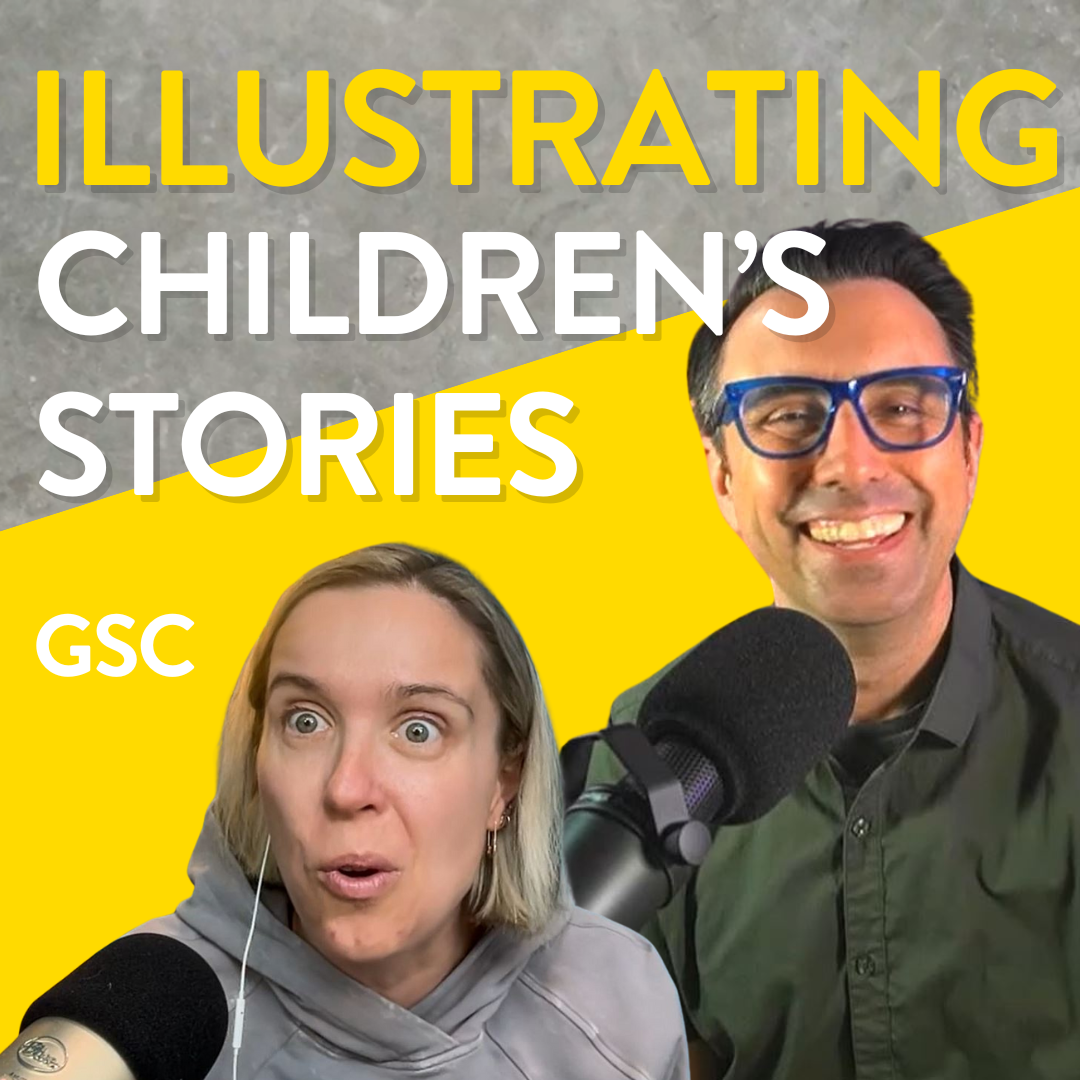









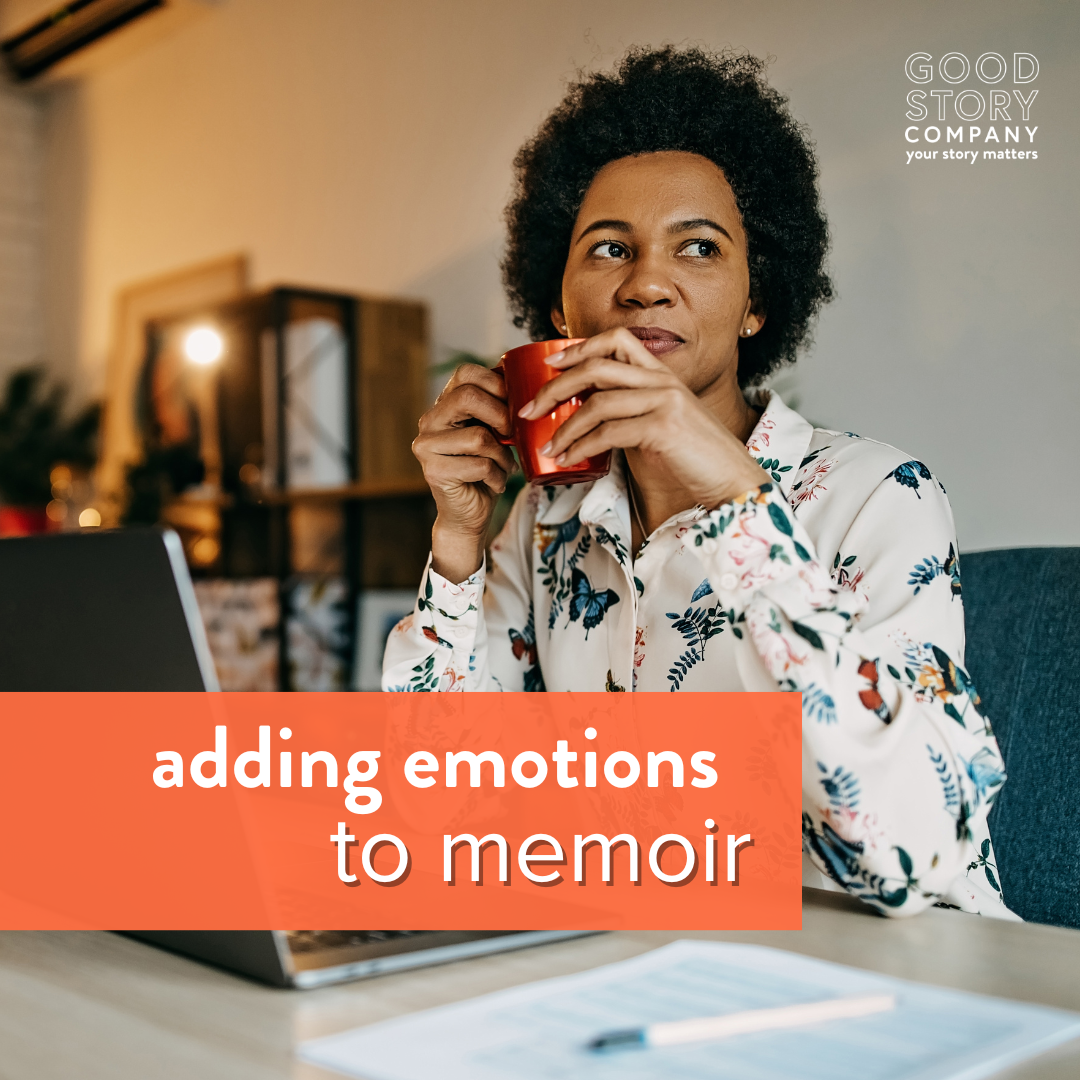
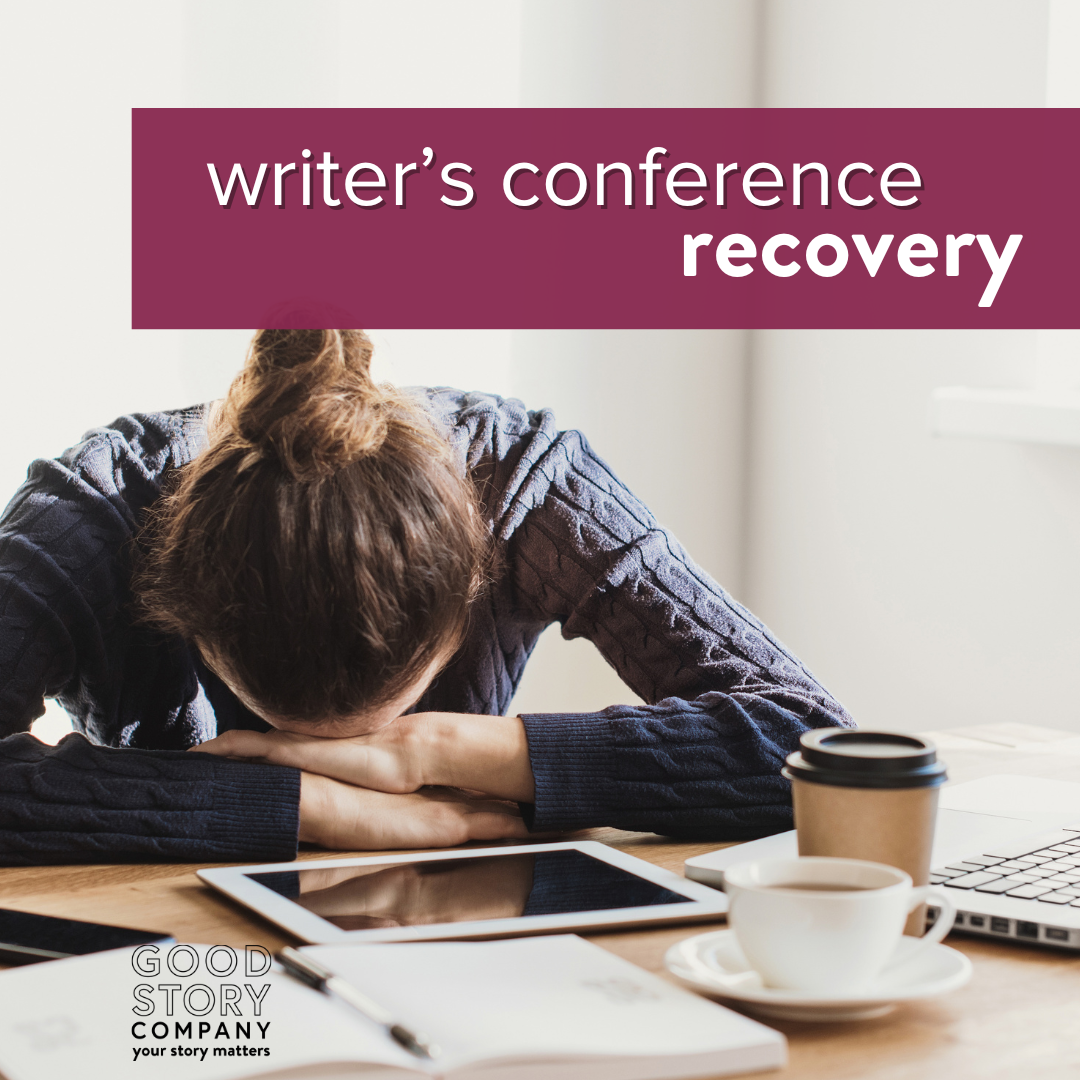


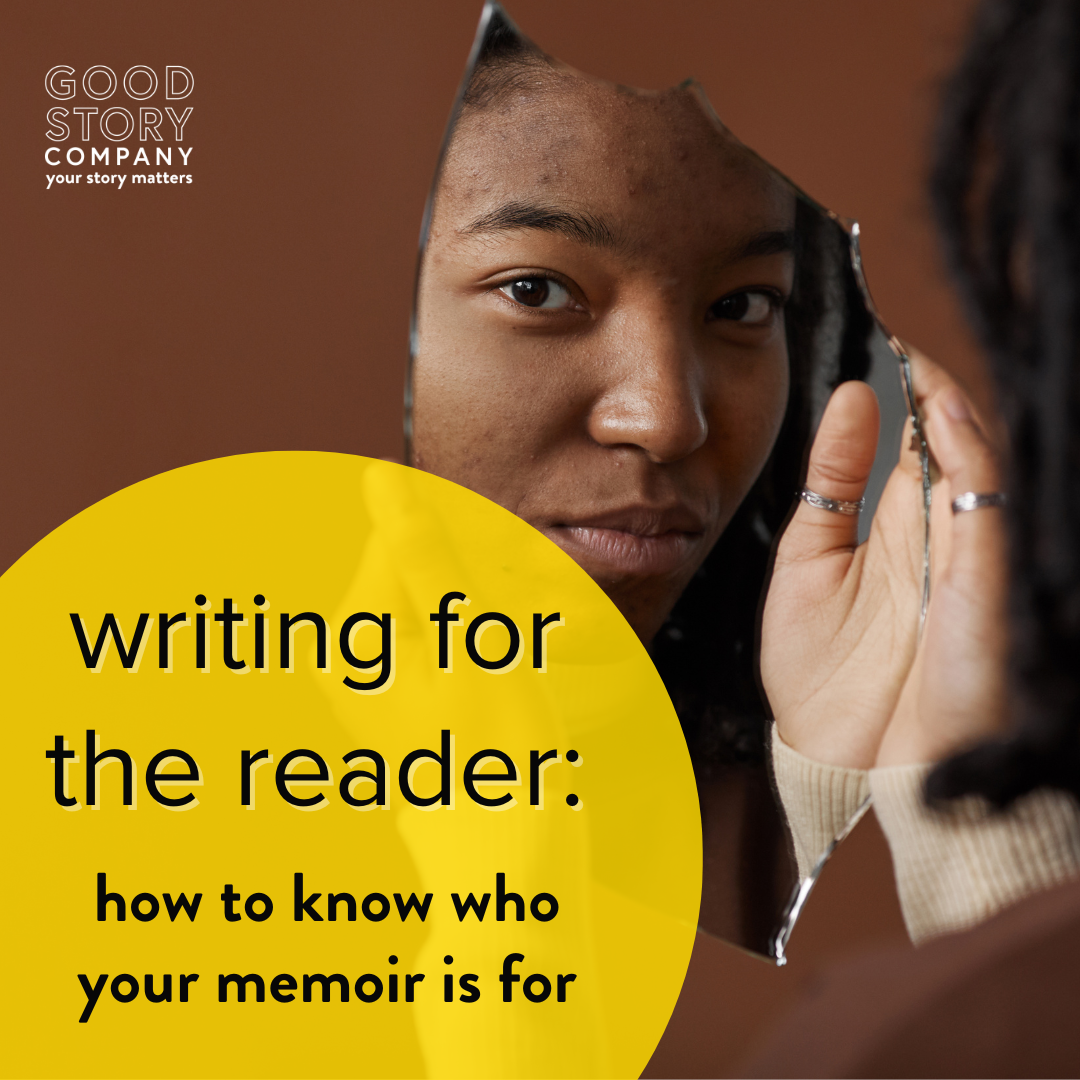


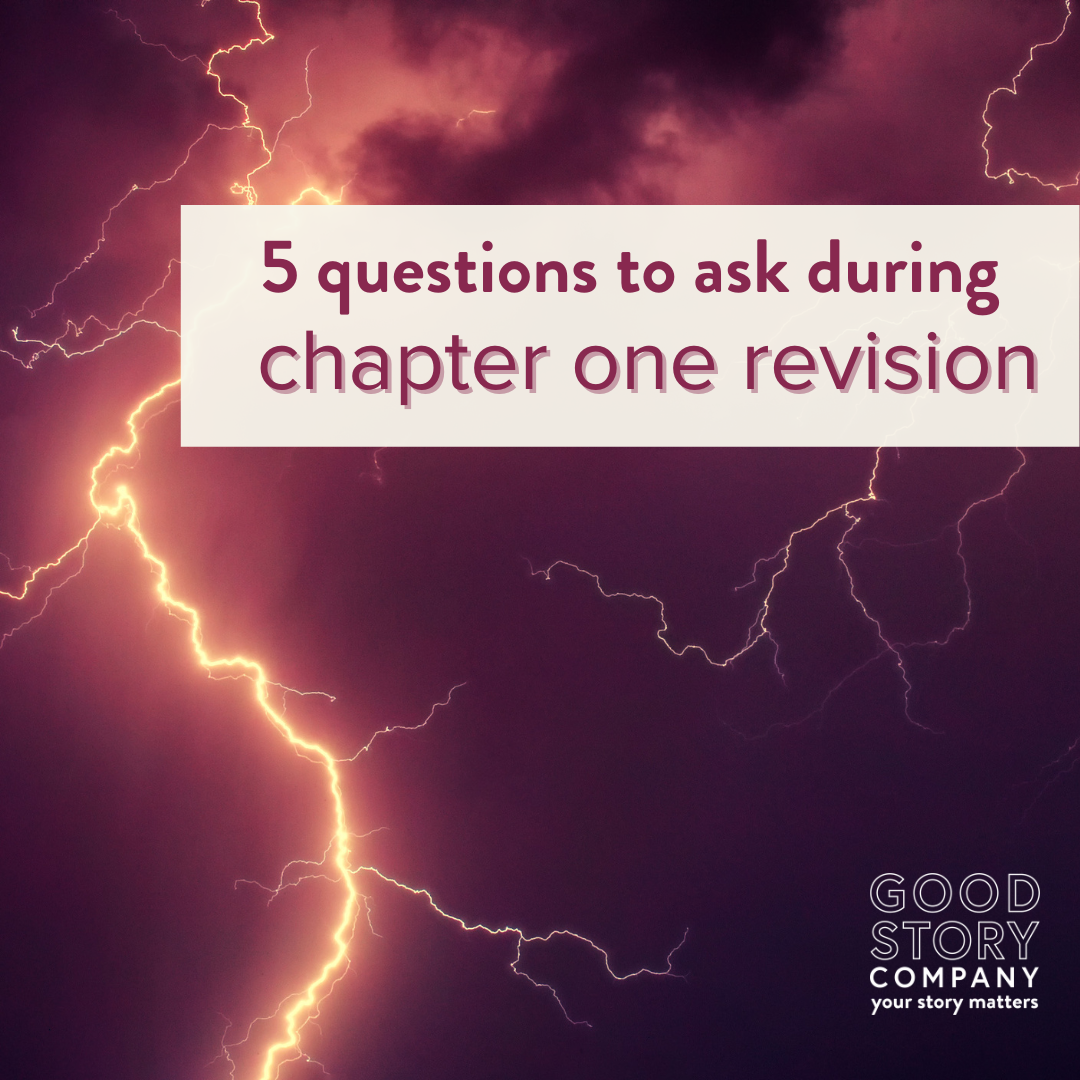

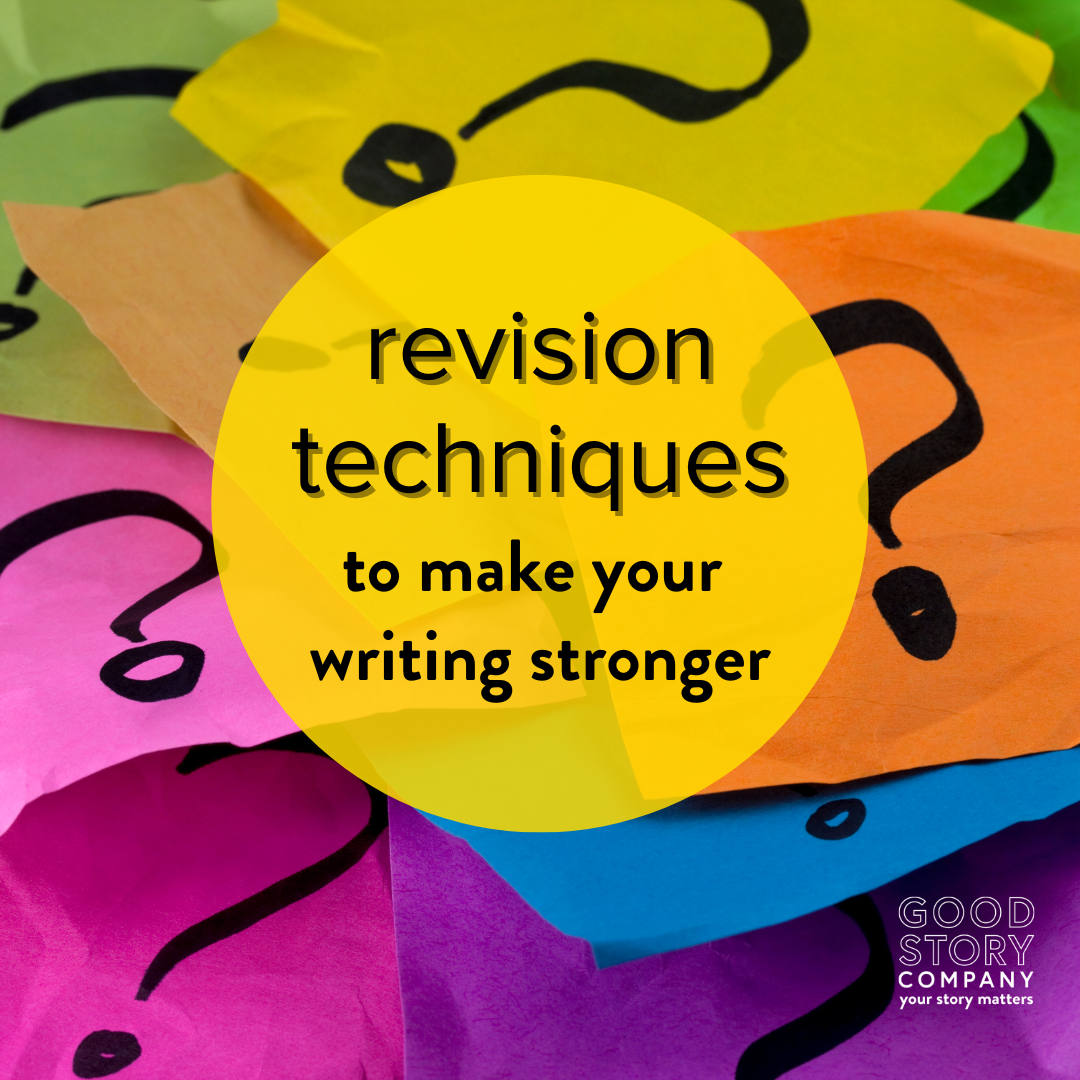
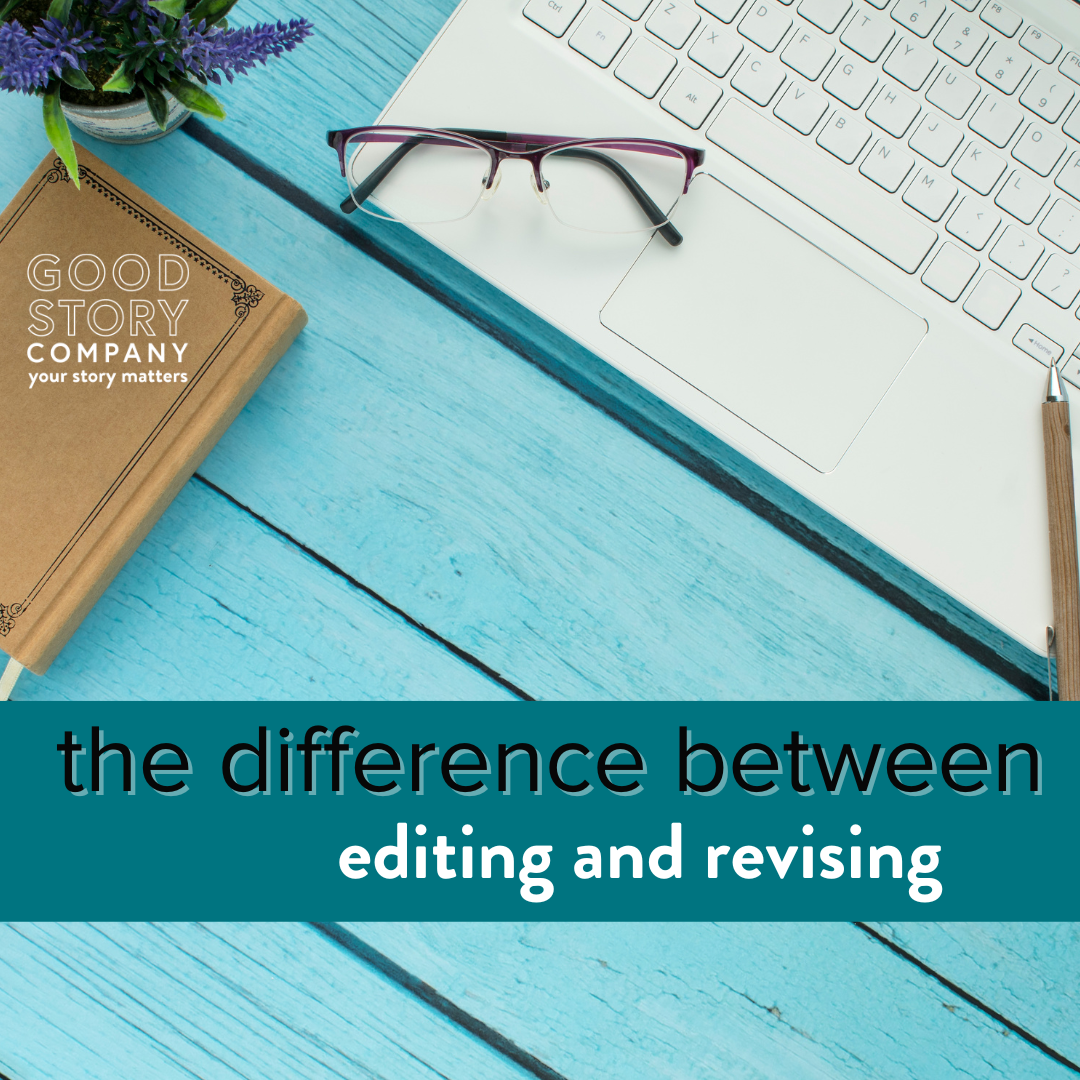



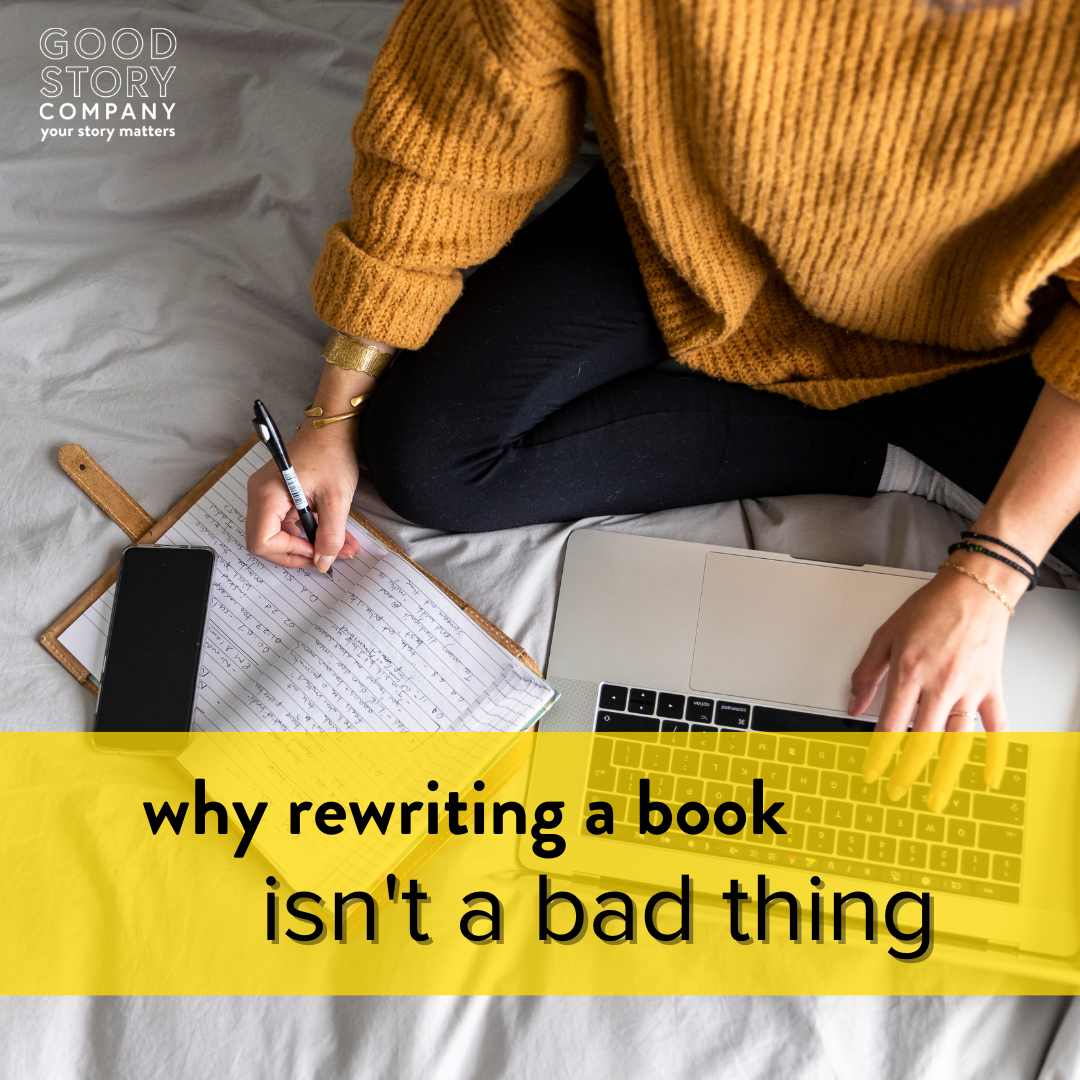

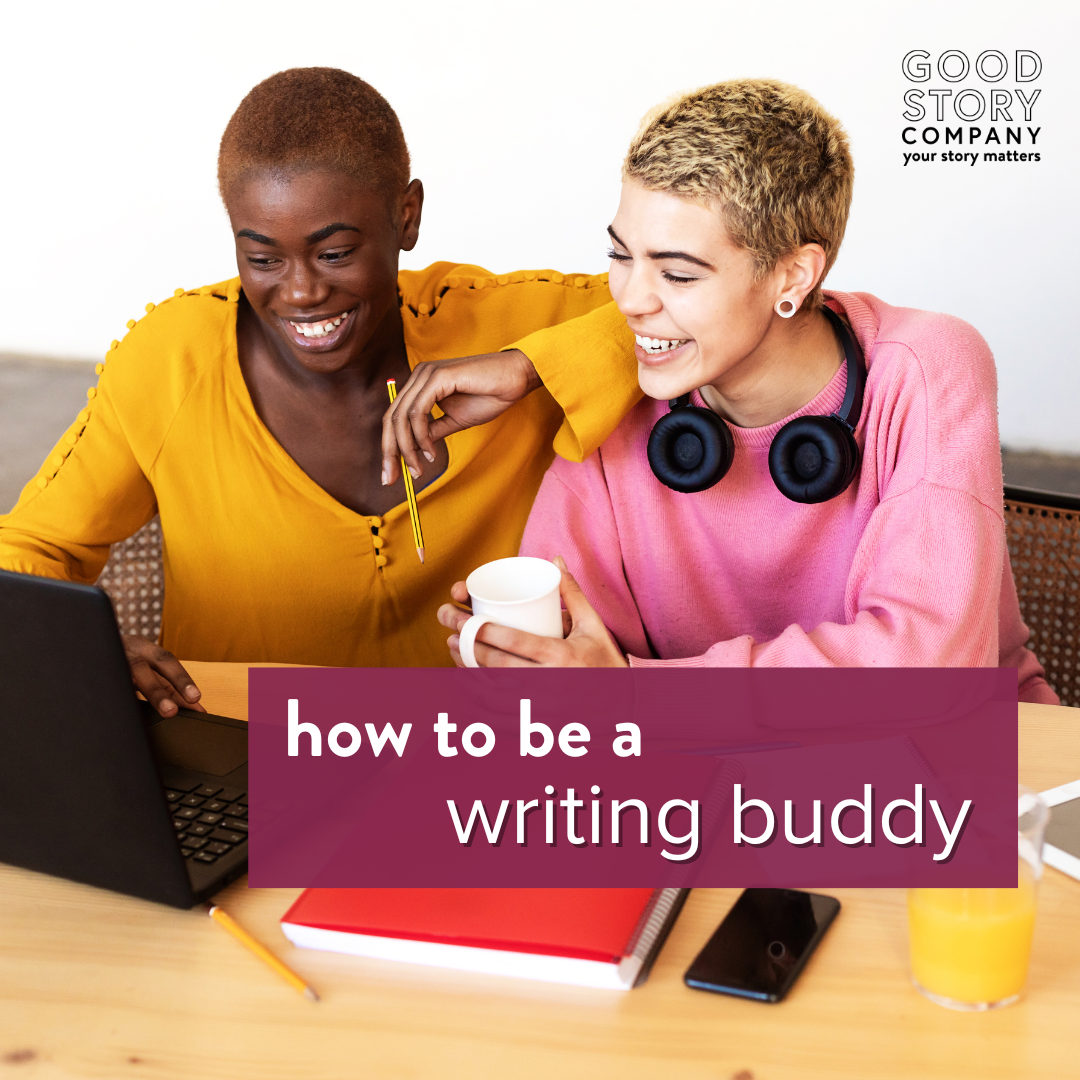
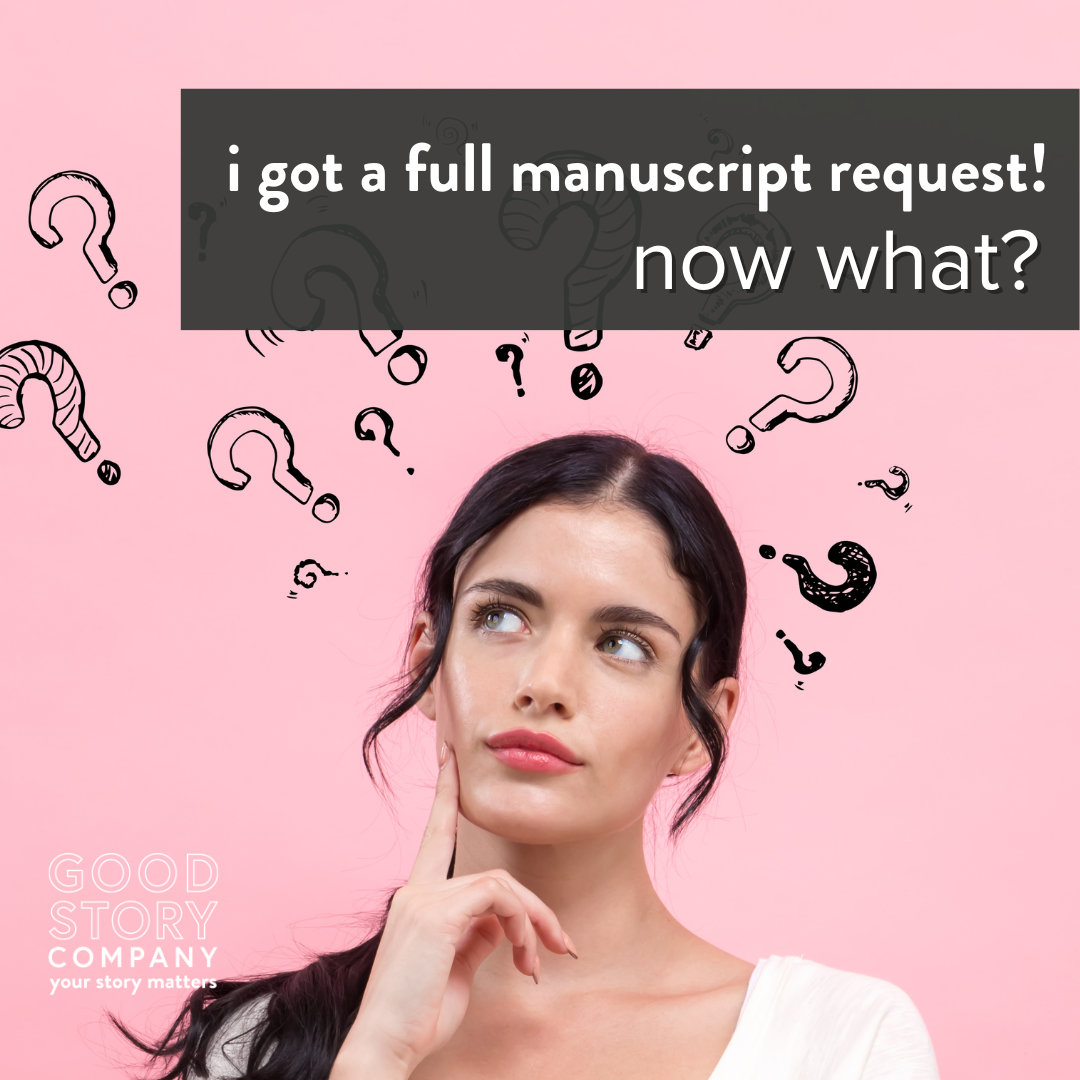
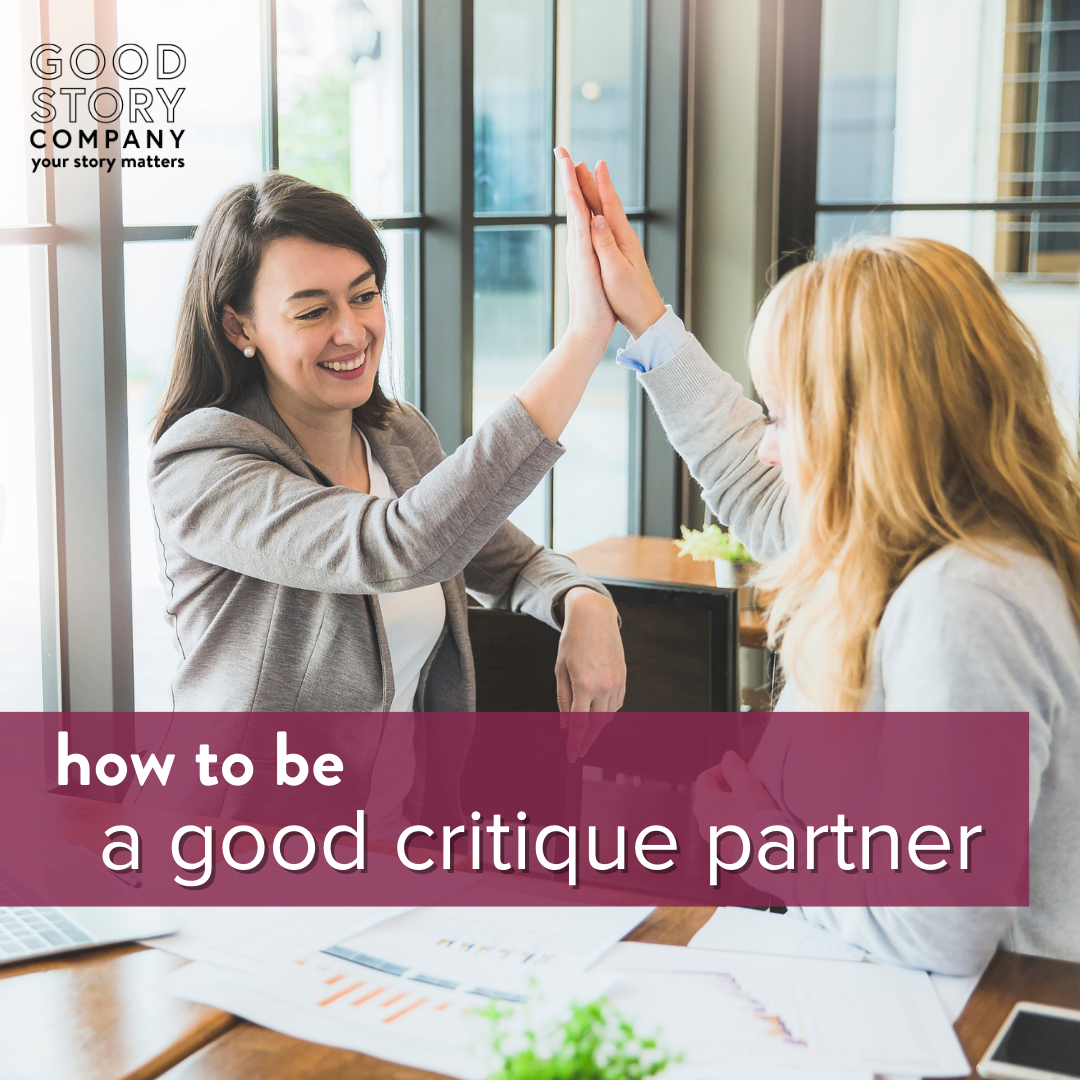
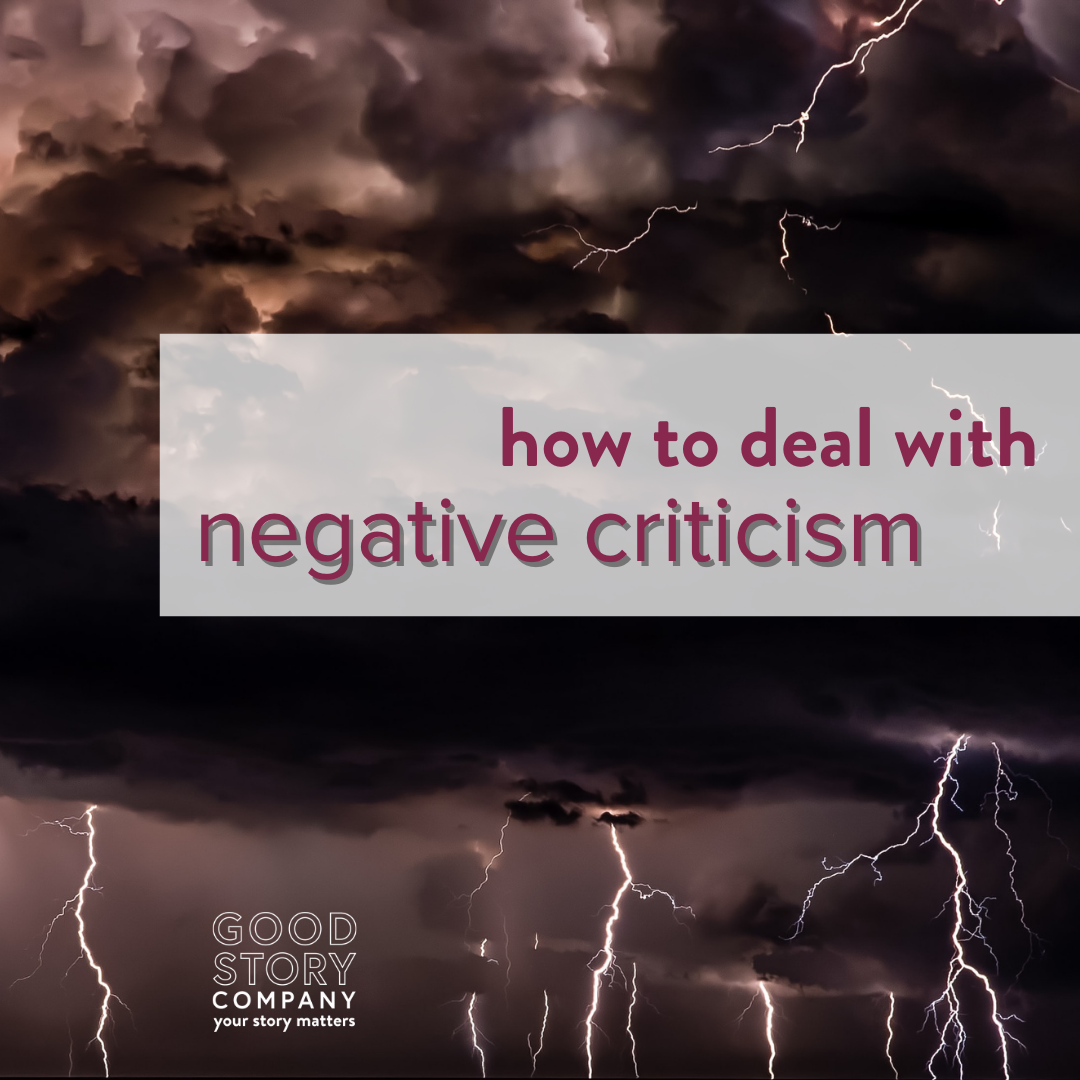





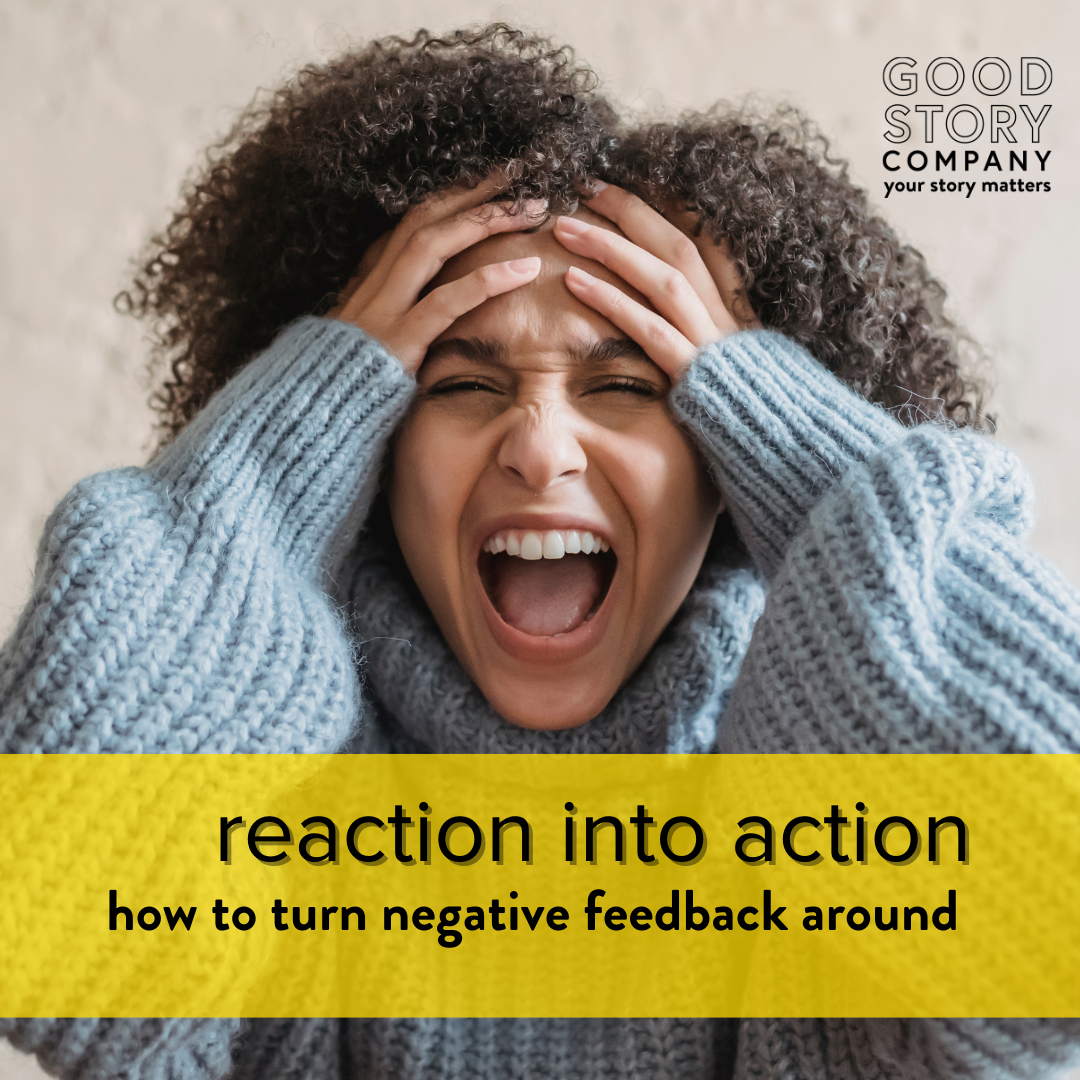


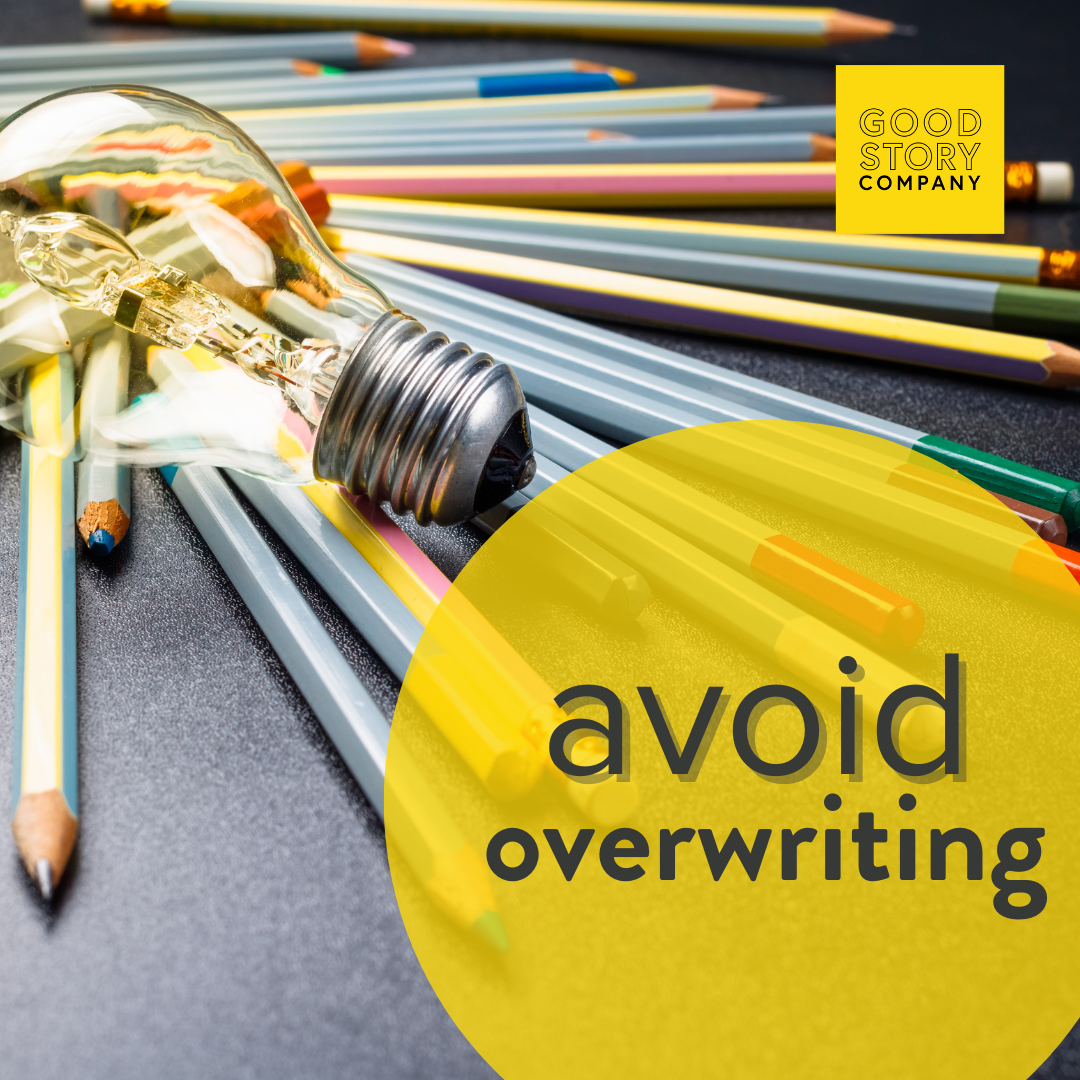
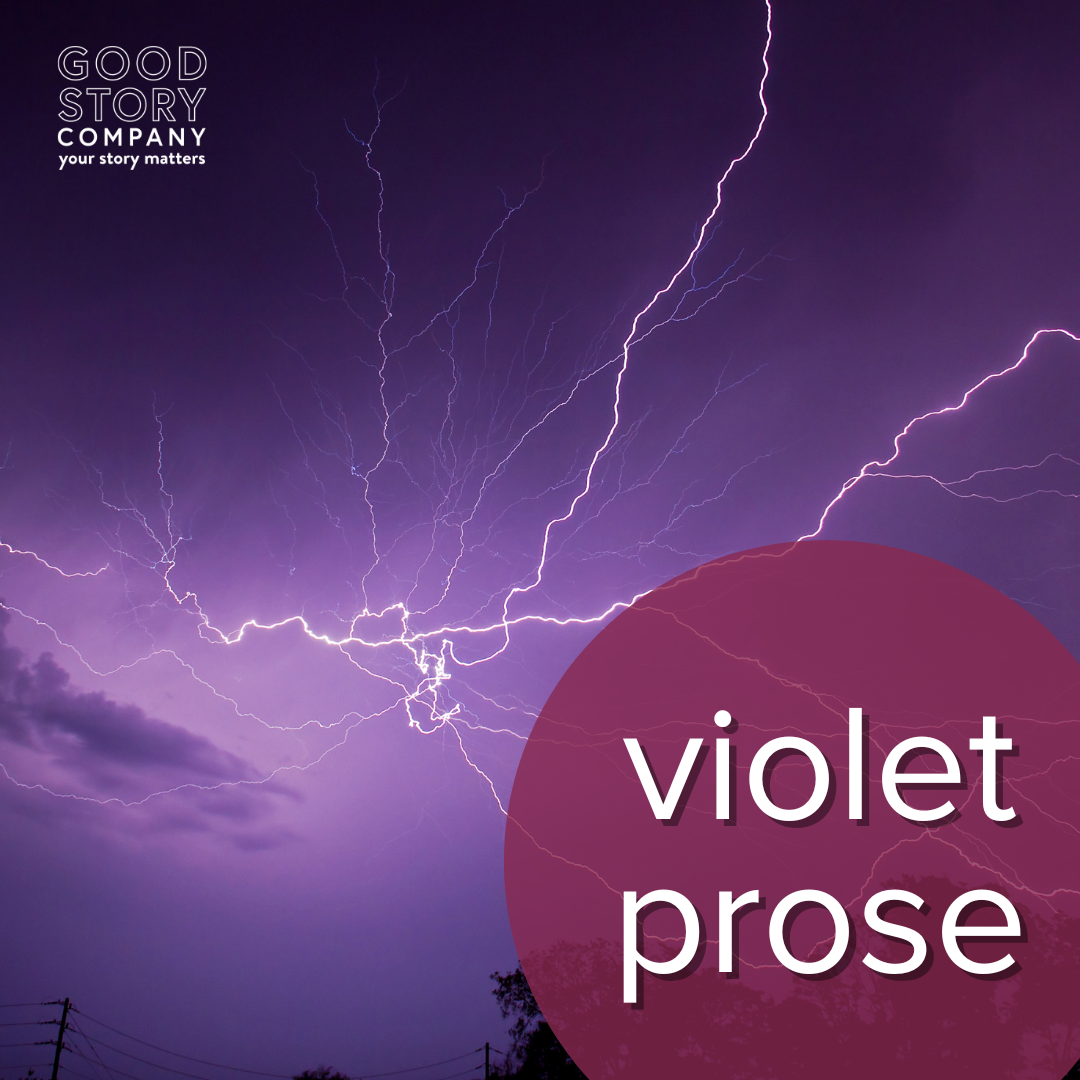

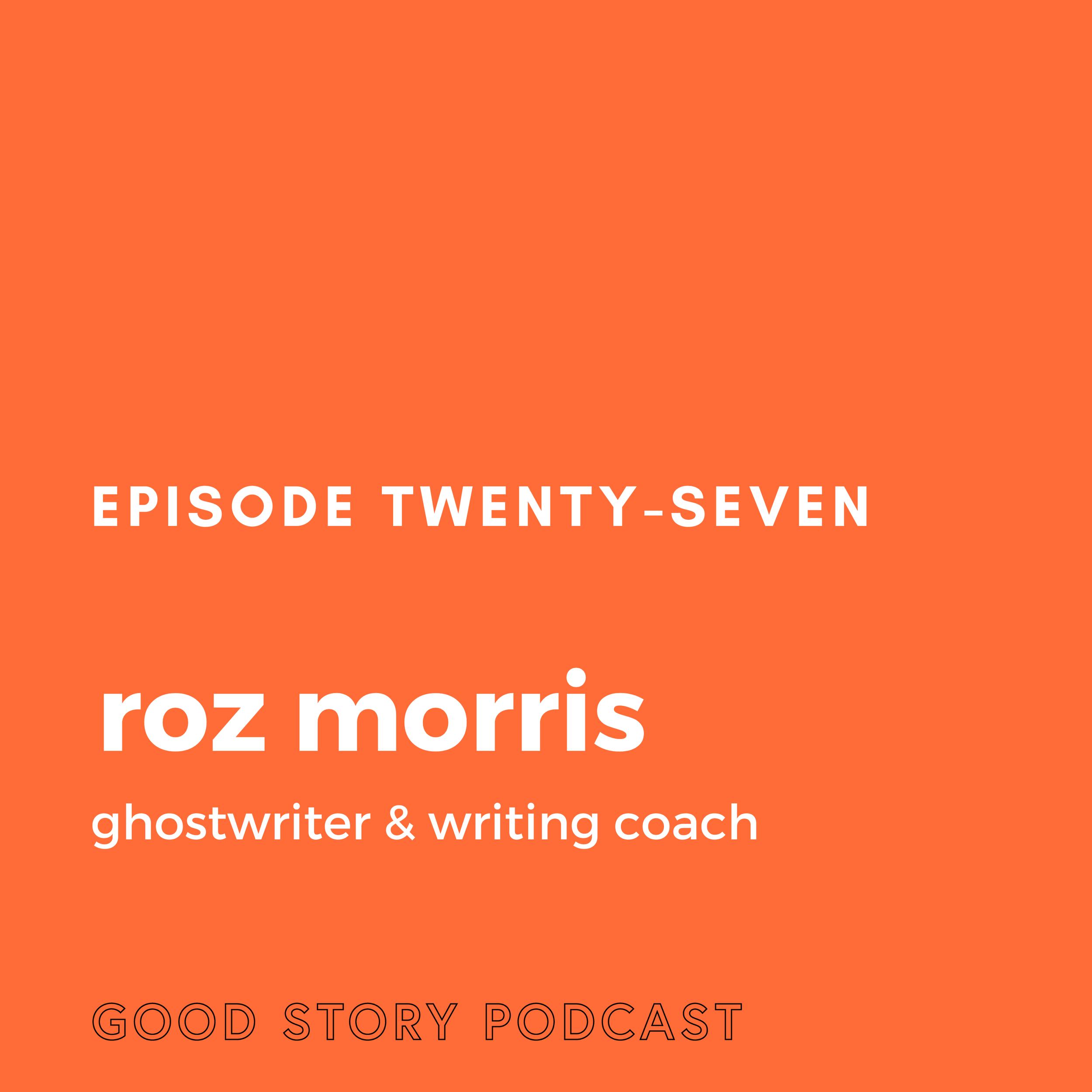
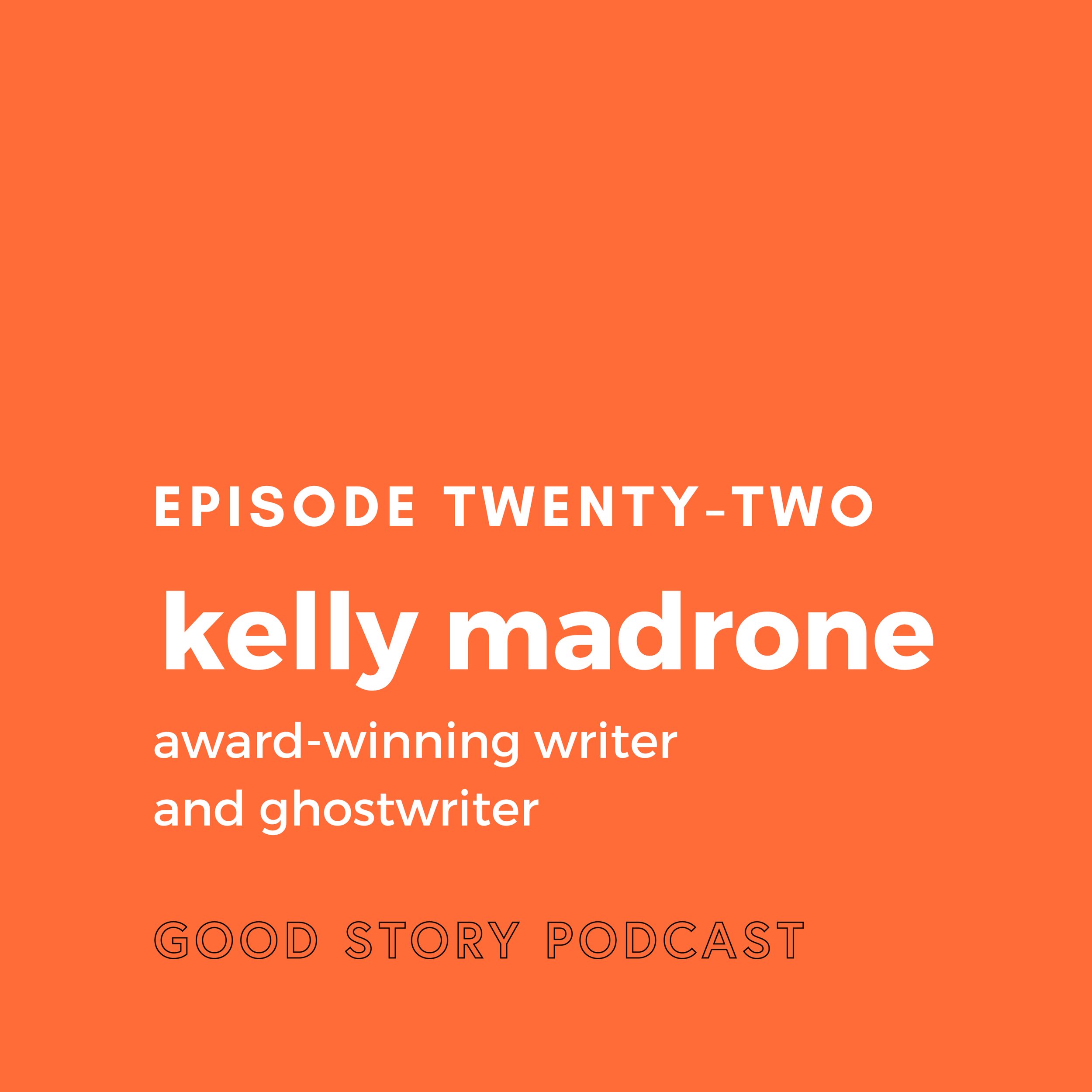



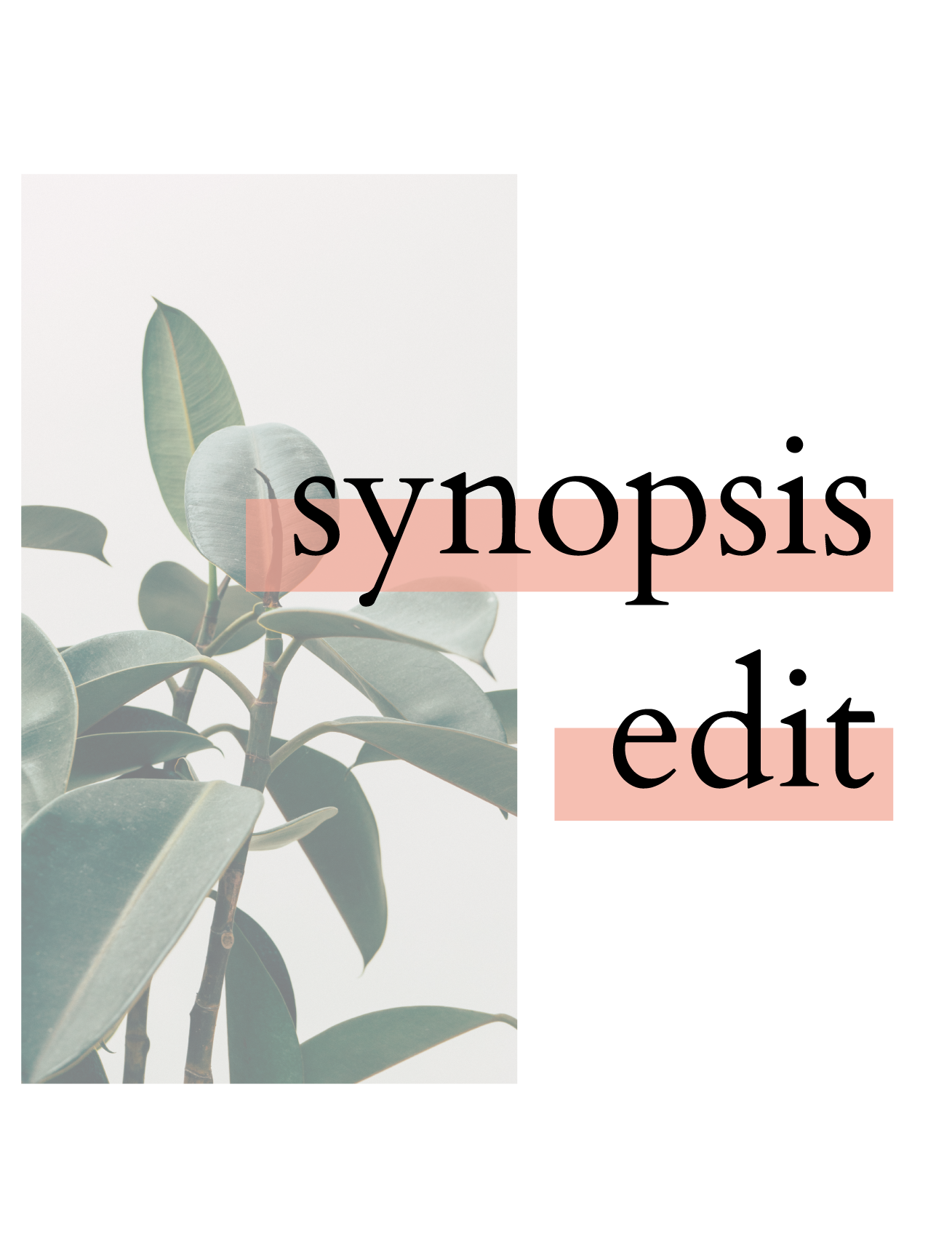








Thrilled to be joined by author and publishing expert Courtney Maum! She gives us insight behind her terrific book, Before and After the Book Deal, and talks about the highs and lows of publishing. Tune in for her knowledgable tidbits about marketing, building an online platform, self-publishing, memoir, and more!